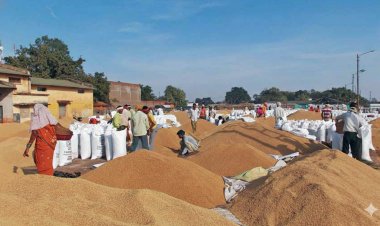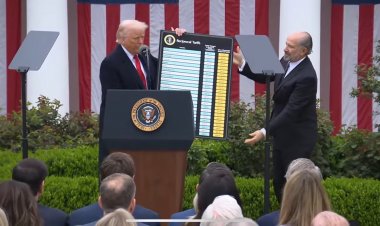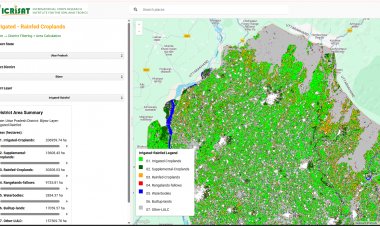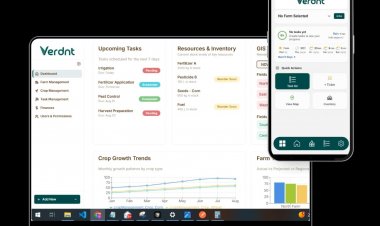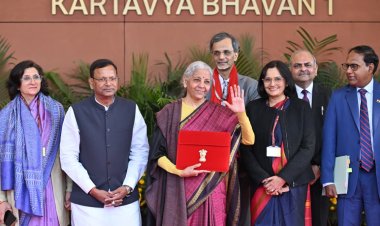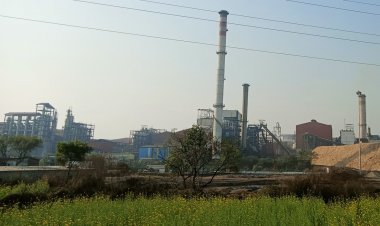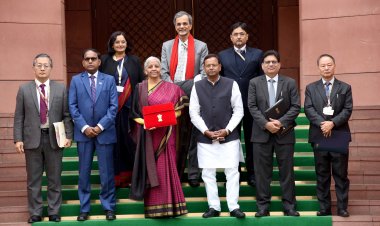Farming Class of 2021 would be a turning point for national agenda
The year 2021 would also go down in Indian history as a turning point for our polity and national discourse. One may debate on gains or losses of the protests from farmers from Punjab, Uttar Pradesh, Haryana and Rajasthan, but these protests have brought about a turning point that would be difficult to reverse.
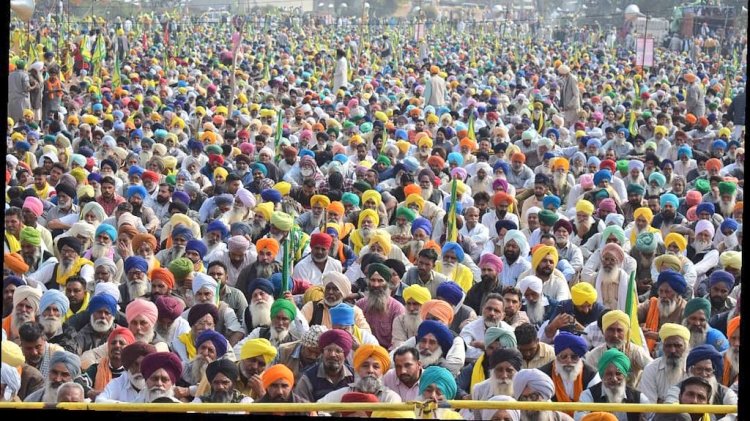
2021 was a very difficult year for mankind that was threatened with the existential challenge. The poor, both in the villages and the cities, suffered the most. Villages or gaon not only braved through Covid-19, getting far less support from the state and negligible attention from the media, but also rose to the occasion by remaining a dependable back-up for millions of migrants who were forced to do ghar wapasi.
Perhaps it is only in India that somehow a large part of our population, even in metropolitan cities, has managed to keep its roots in the villages alive. We in the cities may have abandoned our priorities for our villages, but millions abandoned by Delhi, Mumbai, Bengaluru, Chennai and Hyderabad during the peak of the pandemic were accommodated back home with open hearts. That is the spirit of our Bharat and sends a harsh message for the urban elite as to how they have lost their roots in villages.
What if our migrants, too, like most of the urban elite, would have lost their roots in the ruthless world of cities overwhelmed by the never-heard crisis wreaked by the pandemic. Thank God, it is behind us and hopefully, we manage the new Omicron variant wisely enough so as not to cause unforgettable pain again.
The year 2021 would also go down in Indian history as a turning point for our polity and national discourse. One may debate on gains or losses of the protests from farmers from Punjab, Uttar Pradesh, Haryana and Rajasthan, but these protests have brought about a turning point that would be difficult to reverse. The turning point was not the repeal of the three farm laws, but a plunge by the farmers into the national priorities and discourse. Political parties should do well to recognize it and retain it in their future course.
When the media, not perceived as friendly to farmers, were forced to debate the GST rates on the tyres of Jhota Buggi (bullock/buffalo cart) — still a popular mode of transport in parts of UP — on prime time, something was being registered in our minds. Issues like Minimum Support Price, crop diversification, agricultural reforms are no more unknown to those living in cities where farmers are also being grudgingly described as 'vote banks'. The average middle-class household in urban India has been well-versed with these topics.
Political parties are taking note of these changes in the public mind space. Learning from the experience of dealing with Singhu/Ghazipur borders, governments too would be extra-cautious in dealing with the farmers' issues. Bureaucrats in Krishi Bhawan would realize how the policies should be debated and discussed with farmers' organizations, regional political outfits, civil society active in the rural landscape and cooperatives like Amul, rather than with the high-heeled consultants from the so-called Big Four. The credit for the change of mind with no choice of reverses would go to the spirit of our farmers or, shall we say, the Class of 2021.
The year 2022 and the subsequent years, up to the 2024 elections, would see farmers' issues come to the fore and be addressed fully, partly by the Centre and partly by the states. The decision of 22 farmers' unions affiliated to the Samyukt Kisan Morcha, spearheading the farmers' agitation against the farm laws, to float a political front and fight Punjab elections would add strength to rural rights. Irrespective of the election results in Punjab, farmers will have sent a strong political message: When it comes to it, we can decide our own destiny. Big messaging of 2021 and the ensuing year!
(Prakash Chawla is a New Delhi-based independent journalist.)



 Join the RuralVoice whatsapp group
Join the RuralVoice whatsapp group

















